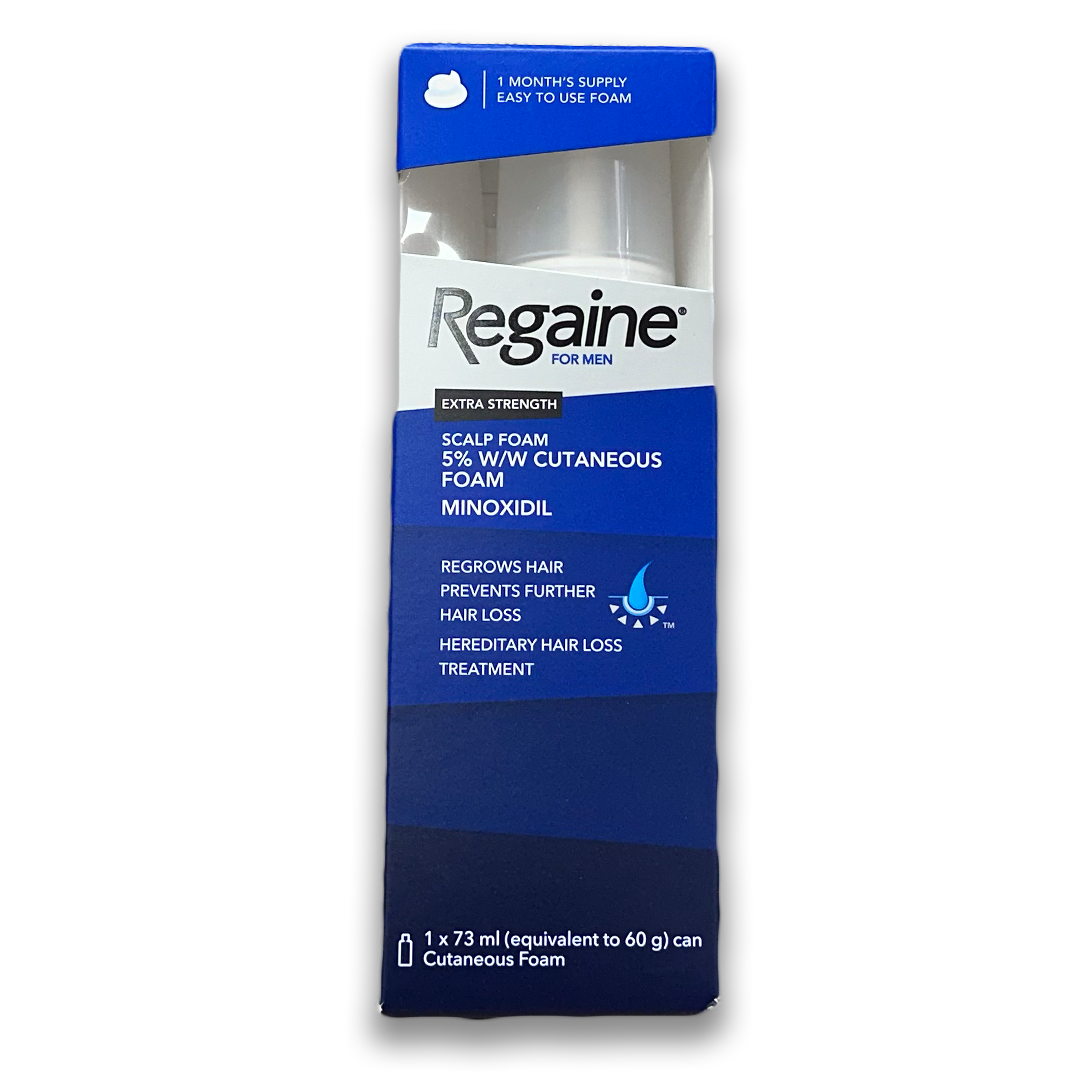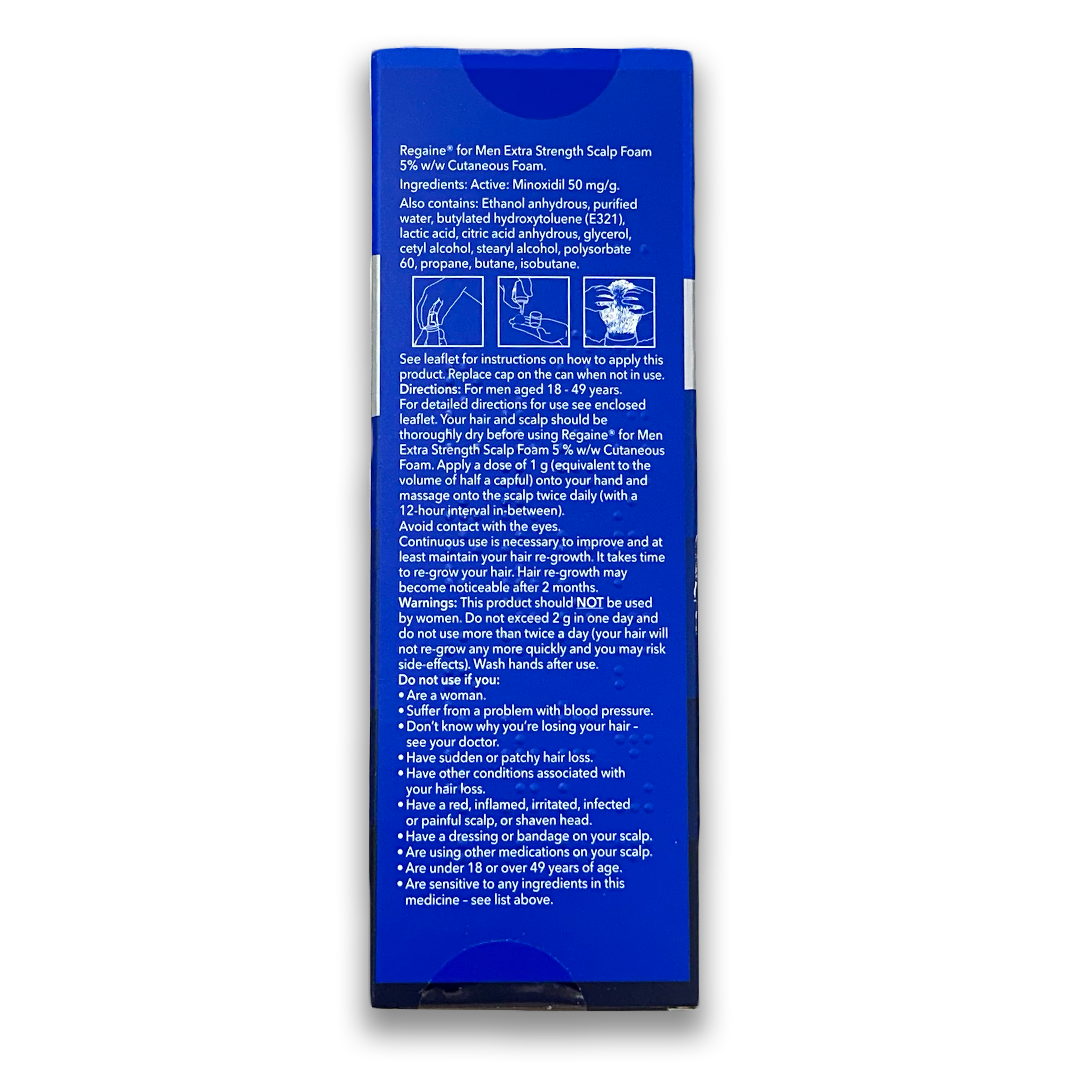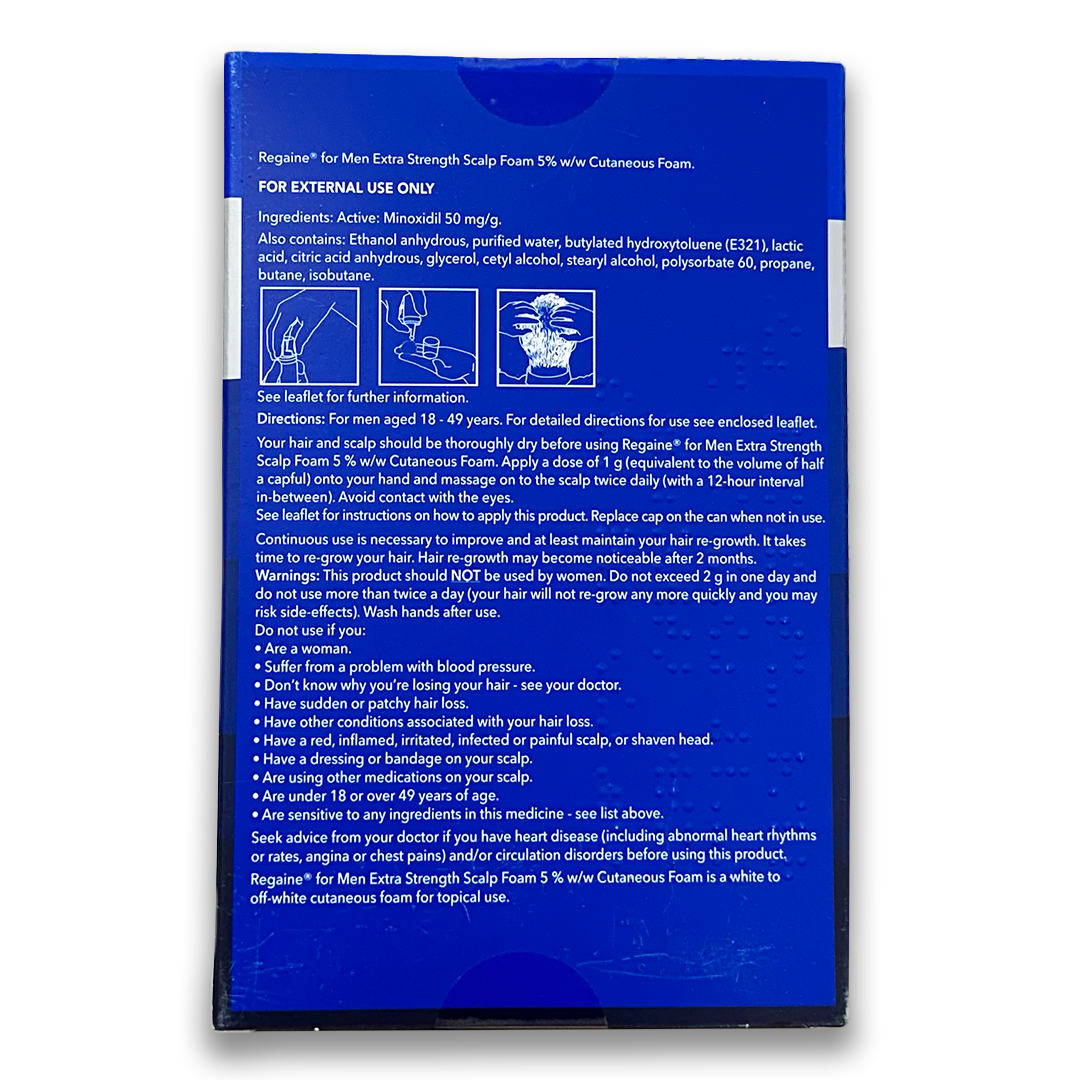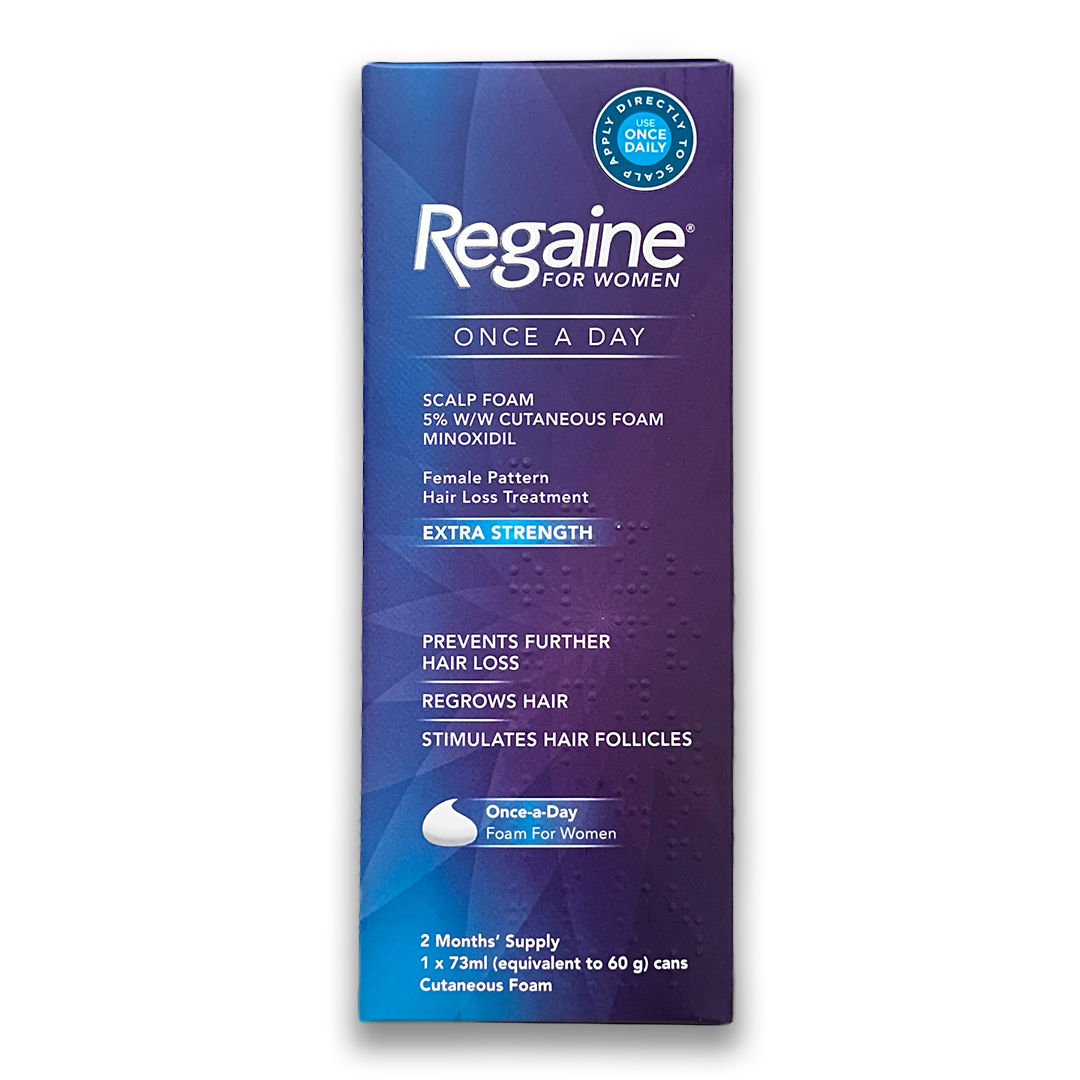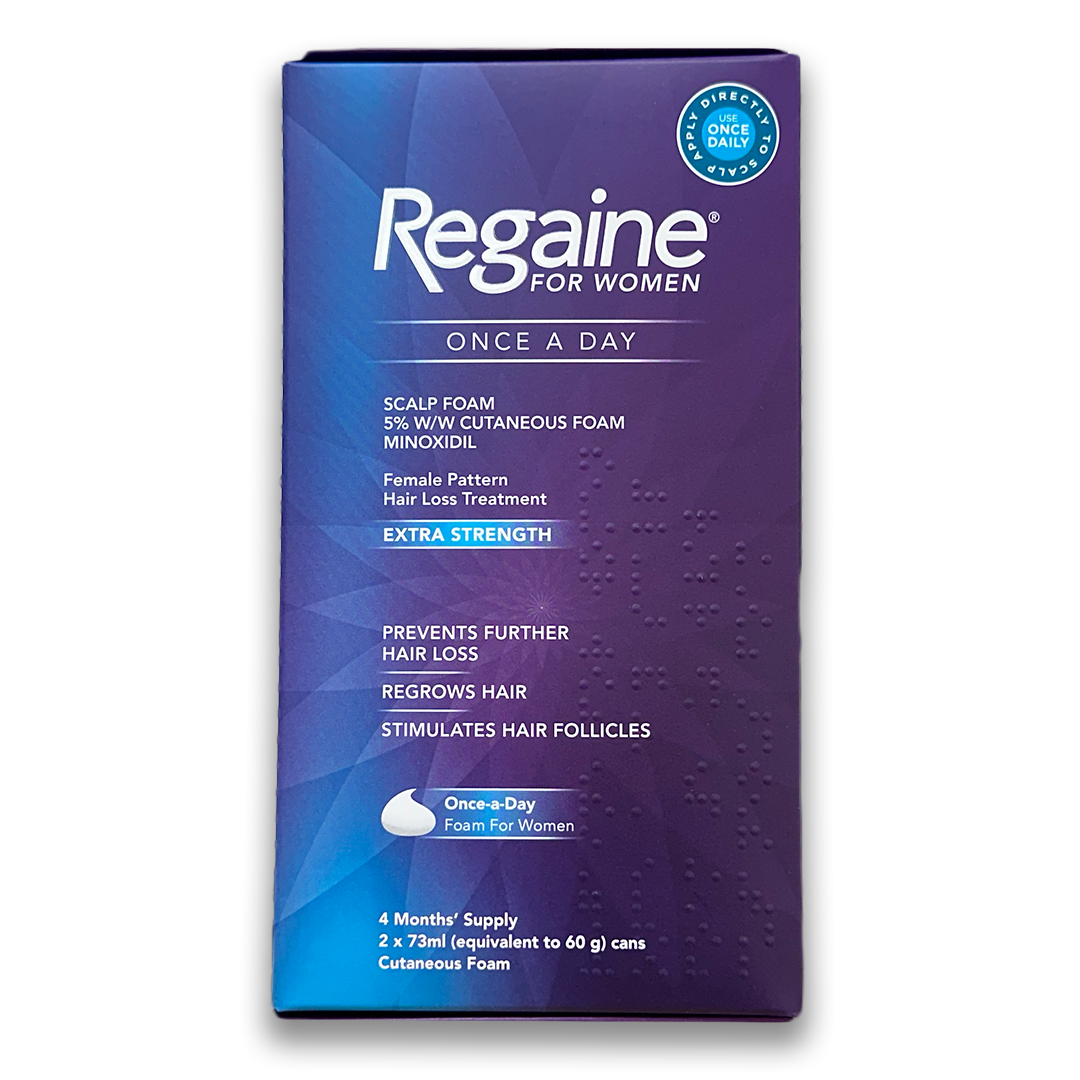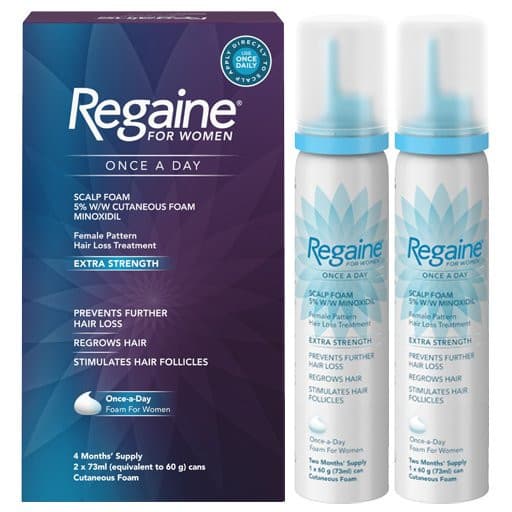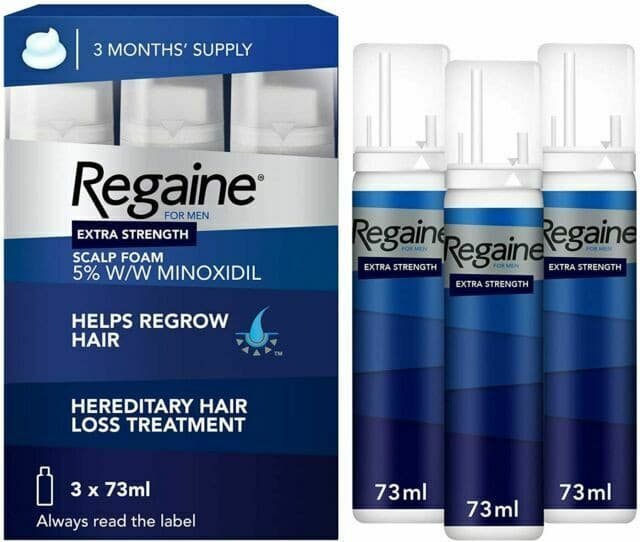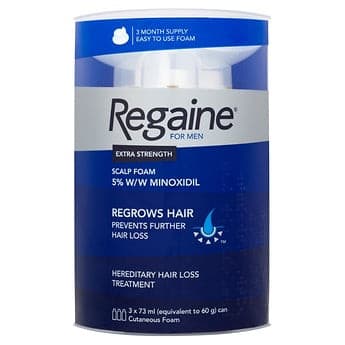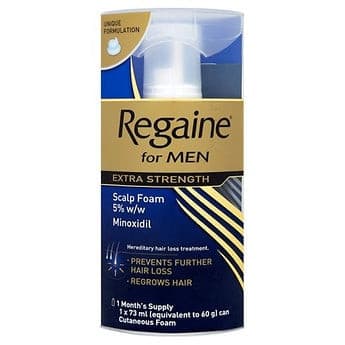Hair loss is a common condition affecting both men and women, characterized by thinning hair or bald patches that can impact self-esteem and confidence. Whether it's caused by genetics, hormonal changes, stress, or other health issues, hair loss can be a challenging experience.
At Right Angled, we offer a comprehensive range of treatments designed to address the various causes of hair loss. Our options include clinically proven solutions such as topical treatments, oral medications, and nutritional supplements aimed at supporting healthy hair growth and restoring your natural appearance. Discover effective options and personalized care to help you achieve the best possible results and regain your confidence.




